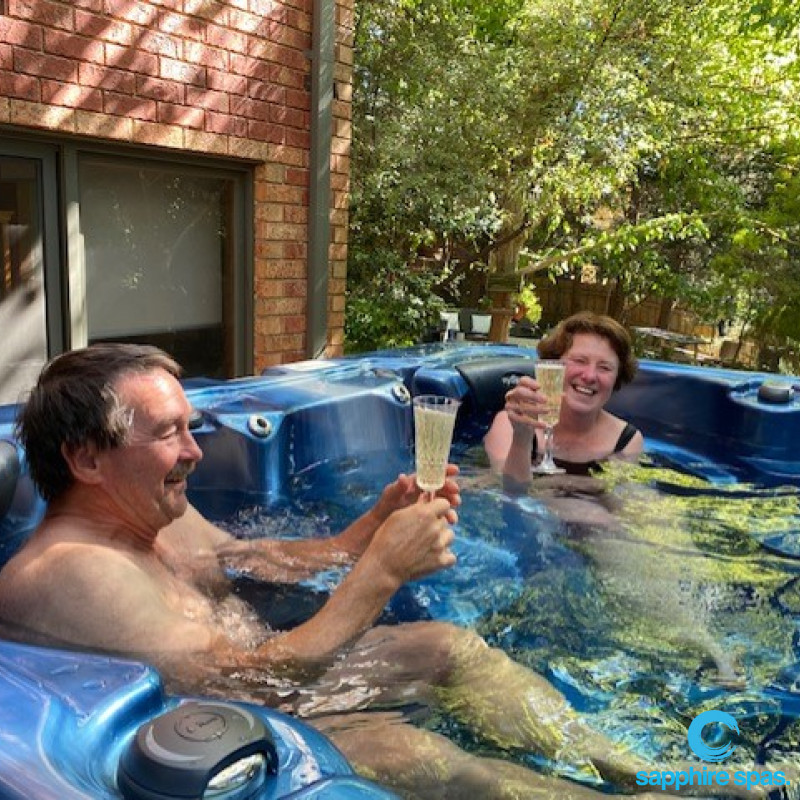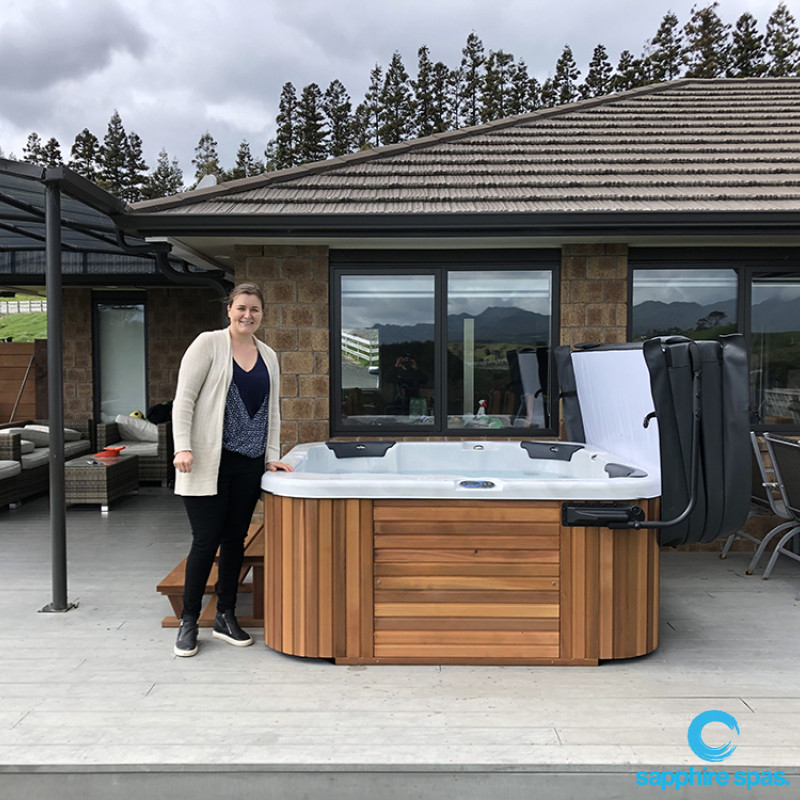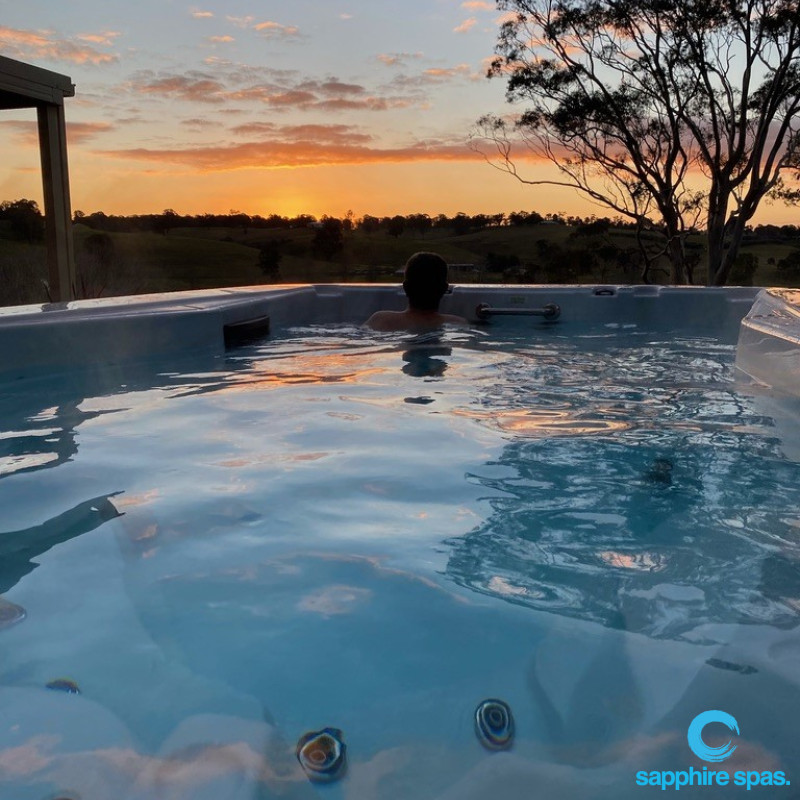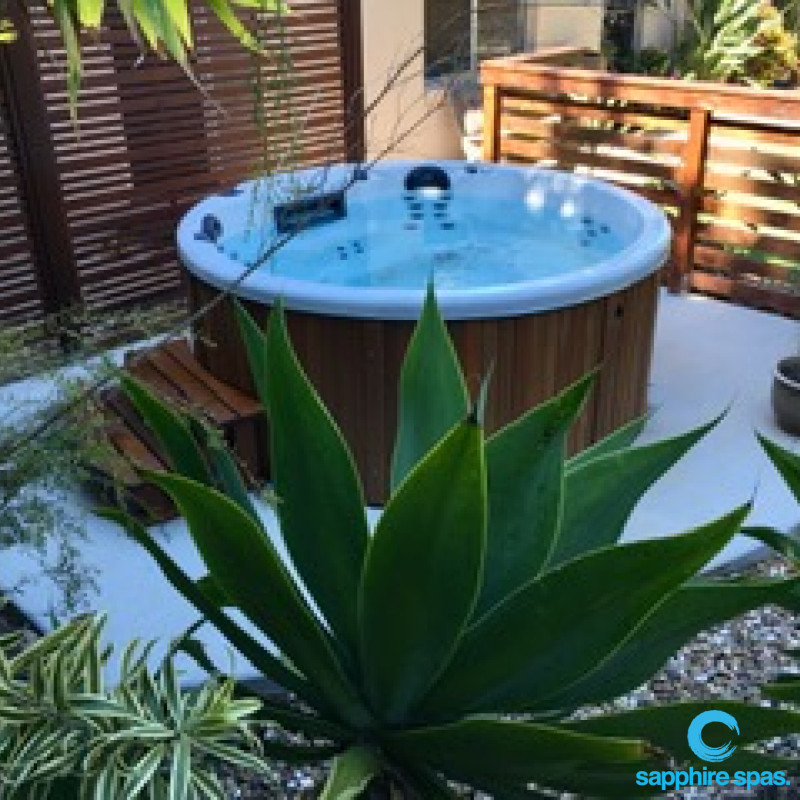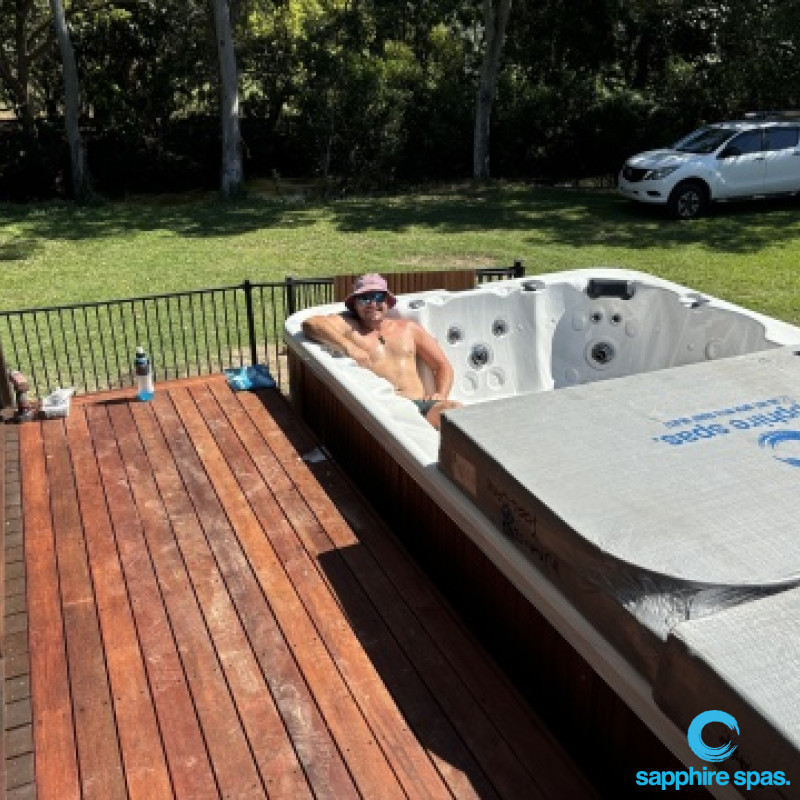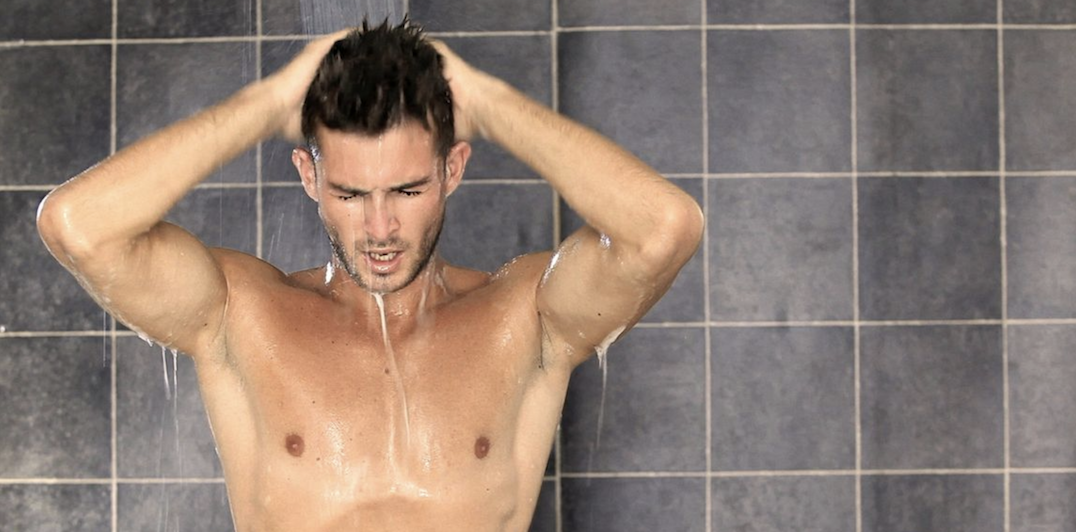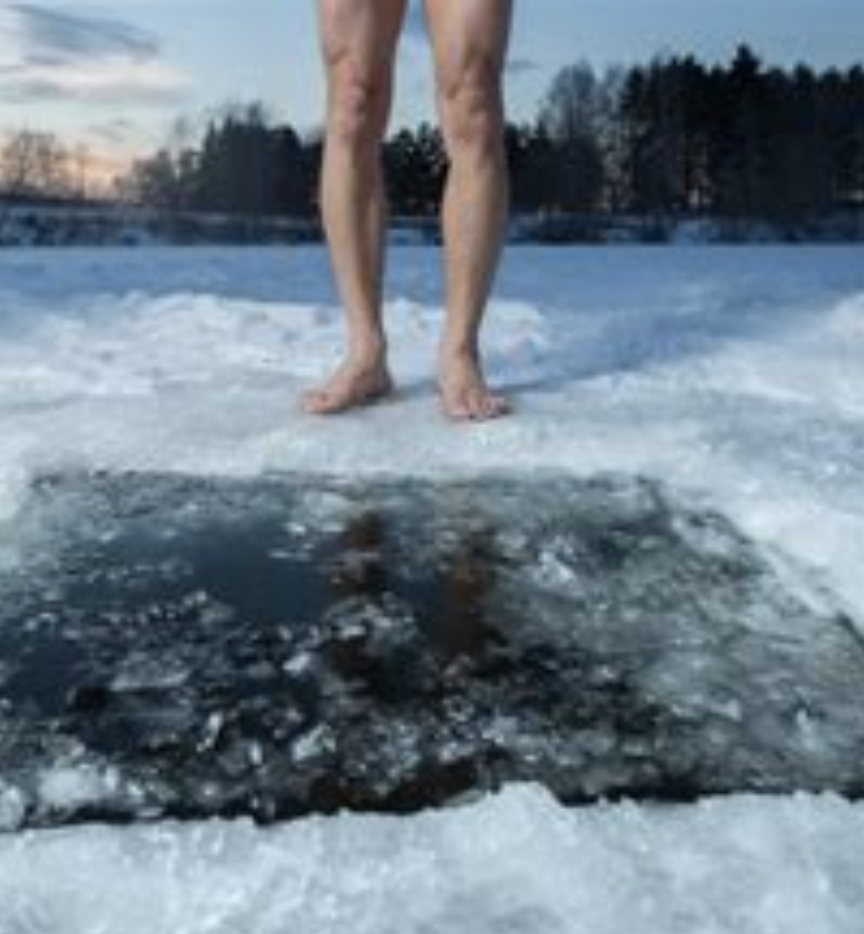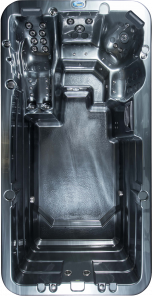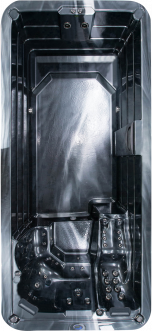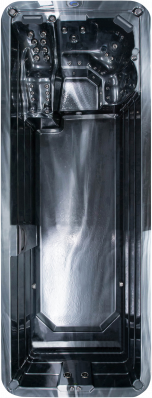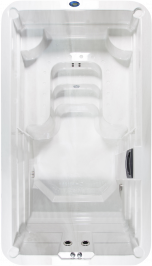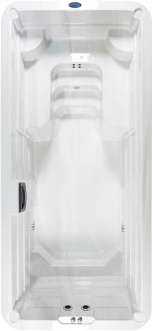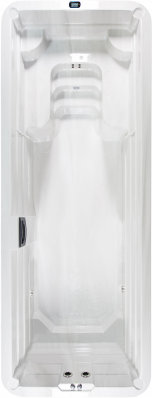Water therapy is a tried and true method for relieving pain, reducing inflammation, and activating the body’s natural functions, but which form of water therapy is better? Hot water immersion? Or cold water immersion?
Is Hot Water Immersion for Me?
Hot water immersion therapy has many positive effects on the human body. These positive side effects include:
Cardiovascular health improvement : a review completed in 2014 found that warm water was linked to blood flow improvements in people with chronic heart failure. This is possible because blood vessels widen when exposed to high temperatures. Another review conducted in 2012 found that warm water immersion therapy improved arterial stiffness, which plays a significant role in atherosclerosis, a type of cardiovascular disease.
Better joint and muscle health : hot water increases blood flow, soothes stiff muscles, and can even help alleviate osteoarthritis pain when applied regularly.
Better brains : hot baths (with the water at 42 degrees celcius) have been shown to increase the growth and maintenance of nerve cells, as well as increase memory and learning capabilities. This is because hot baths promote a protein called brain-derived neurotrophic factor, which is vital to the function of your brain and spinal cord; see this 2018 study for details.
Better sleep : warm baths have been shown to relax the body and help induce sleep. It is currently thought that a hot shower before bed helps with sleep due to the increase in temperature that helps relax the body whileyou are in the water, and the rapid cool down when you step out of the water.
Helps alleviate mood disorders : hot water immersion therapy has also been known to help alleviate symptoms of depression and anxiety. In fact, there is such a significant amount of evidence to support this hypothesis that Lakehead University, located in Canada, is currently conducting major clinical trials to accurately measure the effects of this treatment (clinical trials due to end in December 2022).

